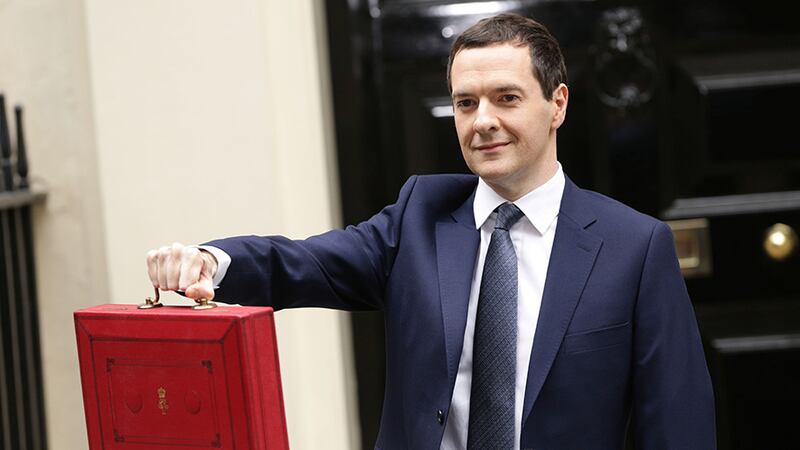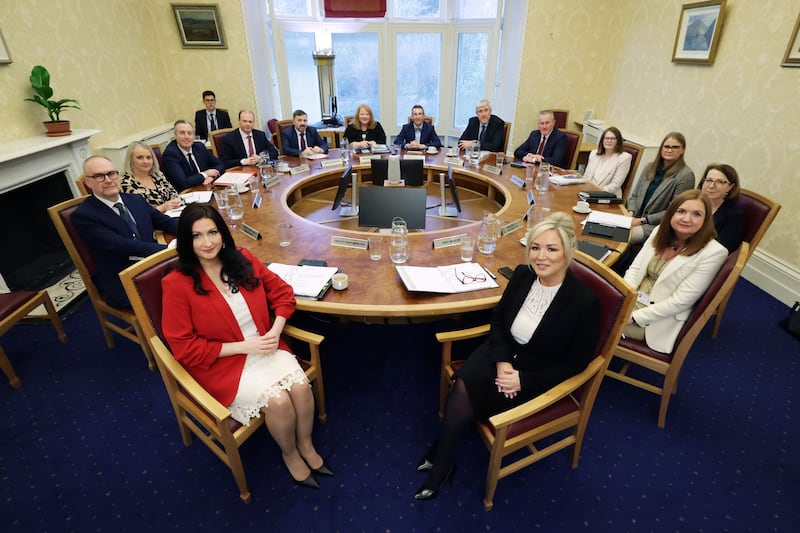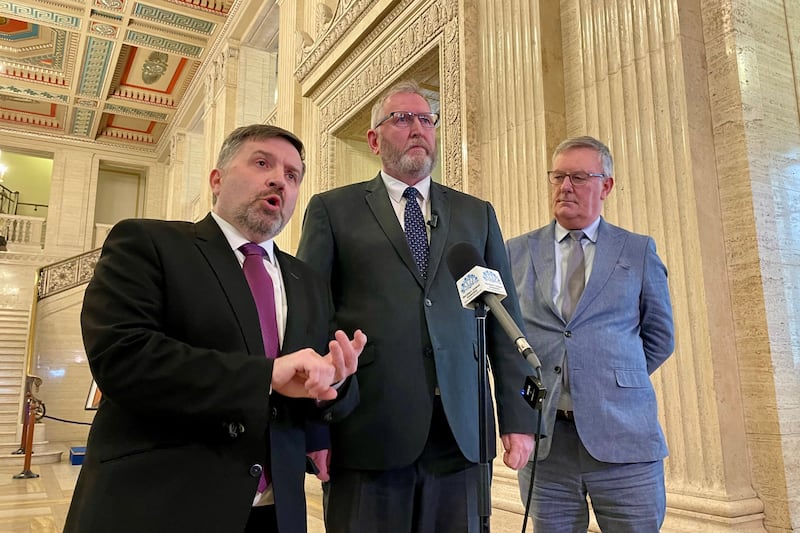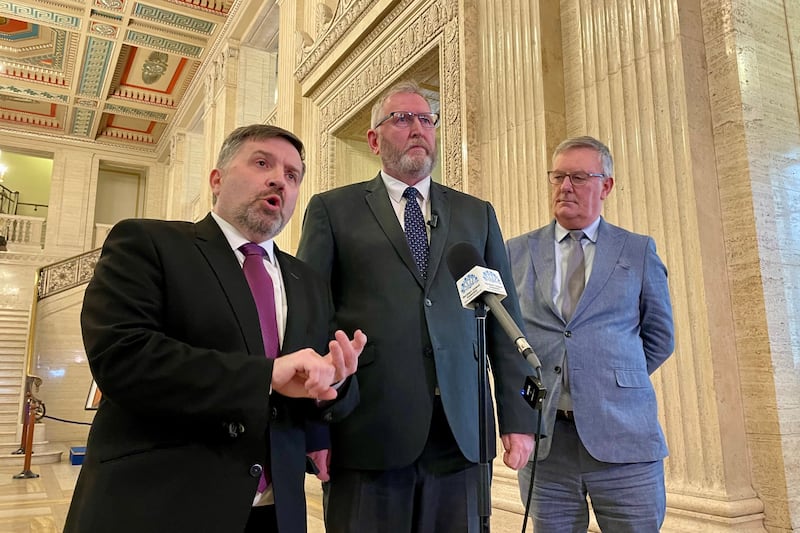:: Taking corporation tax down to 19 per cent by 2017 and 18 per cent in 2020 will significantly reduce the potential impact of a 12.5 per cent rate in Northern Ireland.
However, it will also reduce the cost to the block grant which the government has estimated as £300m annually.
But the immediate issue is overcoming the current impasse in Stormont and setting the 'rate and the date' for corporation tax implementation.
Dr Esmond Birnie, PwC chief economist in Northern Ireland.
:: The FSB is delighted that the UK Government has once again frozen fuel duty. Over the past five years, FSB nationally has campaigned on this issue. Businesses in Northern Ireland are reliant upon transport, meaning the fuel makes up a large proportion of business running costs. This is particularly significant as Northern Ireland has among the highest fuel costs in the United Kingdom.
Wilfred Mitchell, FSB Northern Ireland policy chairman
:: Encouraging capital investment is good news for businesses across Northern Ireland as these commercial tax allowances allow for a degree of financial certainty for smaller firms considering significant investment in equipment.
If the Northern Ireland economy is to capitalise and gain competitive advantage with a lower rate of corporation tax, it is important this is achieved as soon as possible, as the UK rate is set to fall yet again to 18 per cent in 2020.
Peter Legge, tax partner at Grant Thornton, Northern Ireland
:: Cuts to the welfare system and the benefit cap will dominate the headlines. This will have a larger impact in Northern Ireland than other areas of the UK simply due to a proportionately higher number of claimants.
Michael Blair, partner, RSM McClure Watters
:: From a Northern Ireland perspective, we welcome the new £3 billion road fund, funded by new bands for Vehicle Excise Duty (VED), which will be used on road projects. There will be a benefit to Northern Ireland from this and we would urge the NI Executive to ensure that this is spent on key infrastructure projects that support the economy and boost productivity.
Dr Patrice Cairns, RICS Northern Ireland policy manager
:: We were pleased to see a revision of the annual investment allowance (AIA), which was due to drop from £500,000 to £25,000 in January. The chancellor has announced that the AIA will be set permanently at £200,000. Although lower than we would like, the £200,000 figure is good news for businesses across Northern Ireland.
Linda Brown, director of the Institute of Directors, Northern Ireland
:: The introduction of a compulsory living wage will have a devastating impact on independent retailers in Northern Ireland. This will lead to retailers having to reduce staff hours, work more hours in their business and ultimately cancel their investment plans.
Glyn Roberts, Northern Ireland Independent Retail Trade Association chief executive
:: The phased reduction of the general corporation tax rate to 18 per cent is a strong reminder to our politicians of the practical benefits attached to a devolved rate for Northern Ireland.
This measure being introduced for the UK will provide even greater impetus to resolve matters under the Stormont House Agreement to achieve an even more competitive rate for Northern Ireland.
Patrick Gallen, chairman Chartered Accountants, Ulster Society
:: Cutting the UK corporation tax rate to 18 per cent by 2020 will cut the cost to the Northern Ireland block grant as Northern Ireland looks to implement its own rate of 12.5 per cent.
Although this is welcomed, Northern Ireland could now consider implementing an even lower rate - for example 10 per cent - which would put Northern Ireland at a competitive advantage over the Republic of Ireland.
Ann McGregor, chief executive of Northern Ireland Chamber of Commerce and Industry
:: From a Northern Ireland perspective the commitment to the making the Annual Investment Allowance permanent at £200,000 is particularly welcomed and will be of benefit to our medium sized companies and to smaller companies, something the CBI has been calling for.
Nigel Smyth, director, CBI Northern Ireland
:: In terms of the debate where Northern Ireland (NI) should set and reduce its own Corporate Tax rate, one of the most contentious consequences is that NI needs to fund the cost of this. Under today’s proposals the difference between the UK headline rate and NI rate will have reduced therefore the cost of funding such measure could reduce up to 25 per cent.
Michael Hall, managing partner, EY Belfast
:: The change to inheritance tax is a positive step, although he could have just removed the primary residence from the scope of the tax entirely. This would have made it a level playing field for all. He has introduced a highly complex system of relief tapers and carry forwards.
Chas Roy-Chowdhury, ACCA head of taxation








